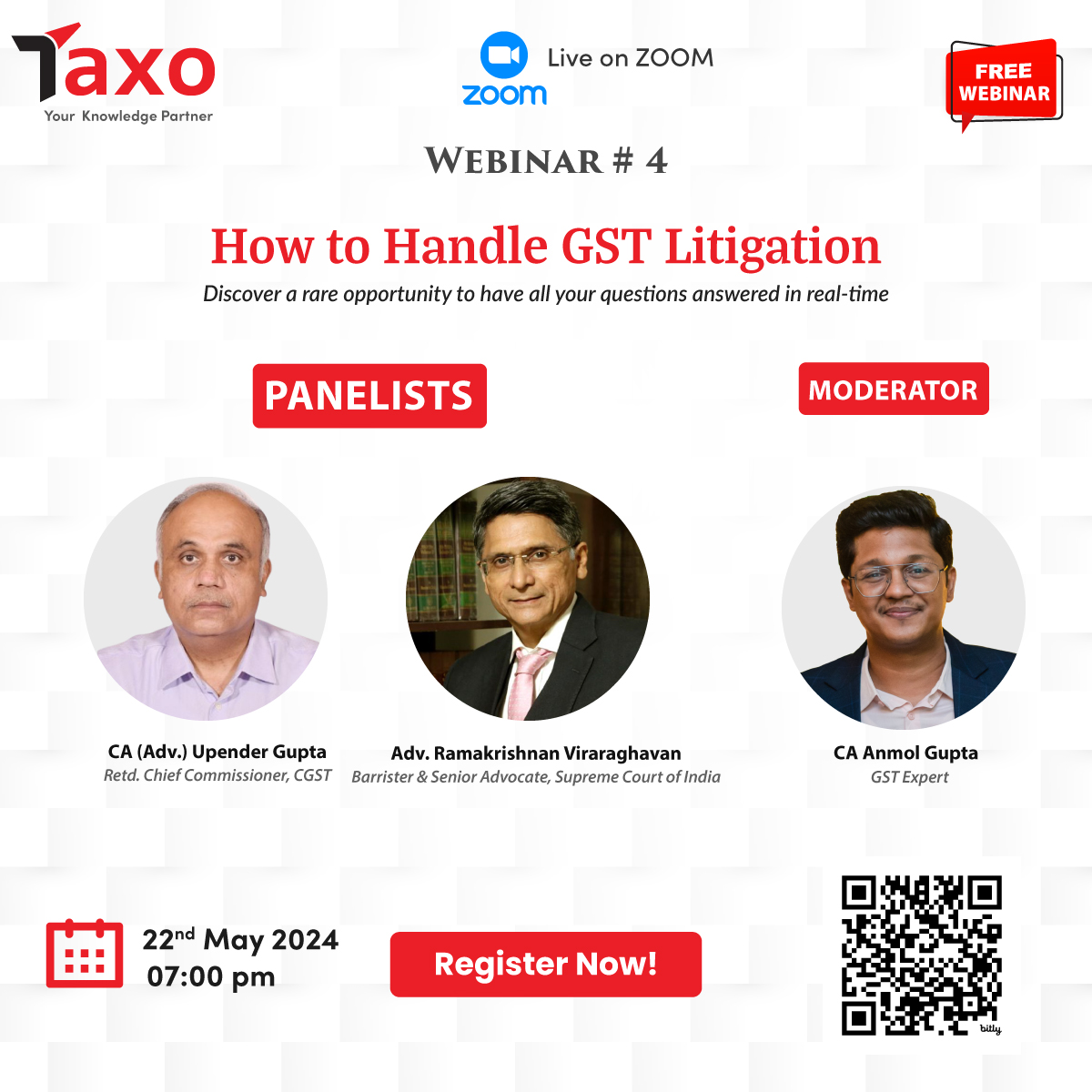According to the Section 39 of the CGST Act, 2017 subsection 1 read with Rule 61 “Every registered person, other than an Input Service Distributor or a non-resident taxable person or a person paying tax under the provisions of section 10 or section 51 or section 52 shall, for every calendar month or part thereof, furnish, a return, electronically, of inward and outward supplies of goods or services or both, input tax credit availed, tax payable, tax paid and such other particulars, in such form (GSTR 3) and manner, and within such time, as may be prescribed:
Provided that the Government may, on the recommendations of the Council, notify certain class of registered persons who shall furnish a return for every quarter or part thereof, subject to such conditions and restrictions as may be specified therein.”
Further as per section 39(6) of the CGST Act, 2017, “The Commissioner may, for reasons to be recorded in writing, by notification, extend the time limit for furnishing the returns under this section for such class of registered persons as may be specified therein”
Section 39(8) of the CGST Act, 2017, also specifically states that “Every registered person who is required to furnish a return under sub-section (1) or sub-section (2) shall furnish a return for every tax period whether or not any supplies of goods or services or both have been made during such tax period.”
Whereas Section 44 of the CGST Act, 2017, clearly states that “Every registered person, other than an Input Service Distributor, a person paying tax under section 51 or section 52, a casual taxable person and a non-resident taxable person shall furnish an annual return which may include a self-certified reconciliation statement, reconciling the value of supplies declared in the return furnished for the financial year, with the audited annual financial statement for every financial year electronically, within such time and in such form and in such manner as may be prescribed:”
Considering the above provisions it is evident that annual return is just a compilation of the details of turnover and ITC as reported into the monthly returns over through the period within the time and forms specified and cannot be considered as an extended time limit for filing of the periodical returns. Returns should be filed within the time specified and if filed late then interest and late fees should also be deposited as per the provisions of the act. In other words, annual return is an opportunity extended by the government to rectify inadvertent mistakes that may have crept in monthly returns, this cannot be used as a tool to defer the periodically determined GST liability as per the books of account.
A Similar view has been expressed by Hon’ble High Court of Madhya Pradesh in case of Shailesh Rajpal v Commissioner [2019] 112 taxmann.com 174 (Madhya Pradesh) [31-12-2019]. The relevant excerpt of the case has been reproduced as follows:
- FACTS OF THE CASE:
- M/s Sai Sun Outsourcing Private Limited is engaged in the business of recruitment and manpower supply, cleaning etc has not filed any return and paid the GST since July, 1 2017.
- Applicant is running multiple companies from the same premise.
- A search was conducted to the premises (M/s Sai Sun and M/s Sai Sun Outsourcing) and scrutiny of the documents revealed that the applicant has collected service tax and GST on gross value but it was not deposited to the government exchequer.
- Default in case of both the companies are as follows:
- No return was filed by M/s Sai Sun resulting into complete suppression of GST worth INR 1,69,60,798/- in FY 2017-18 and INR 1,41,99,246/- in FY 2018-19.
- However M/s Sai Sun Outsourcing Pvt Ltd had turnover of INR 174.27 crores with a GST liability of INR 31,36,79,062/- out of which they evaded INR 17,14,55,777 from reporting in the returns resulting in total liability of GST, Interest and Penalty of INR 62,08,48,909/- under section 122 of the GST Act, 2017.
- CONTENTION OF THE APPLICANT’S COUNSEL IN THE CASE:
- Applicant is innocent in the matter.
- Applicant has time to file return and pay taxes as the due date for the Annual return of FY 2017-18 is 30th November, 2019 and for the FY 2018-19 is 31st December, 2019.
- In respect of tax liability of the company, during the FY 2018-19, applicant himself has admitted dated 13/9/2019 that information mentioned in tally software is not correct and actual receipts of income during 2018-19 shall be submitted after scrutiny of data.
- Assessee is already in the custody for offence punishable under Section 132(1)(d) from 17-09-2019.
- Learned counsel has applied for the bail of applicant stating that the trial will take time.
- HELD BY THE HON’BLE HIGH COURT:
- Assessee has not complied with the above mentioned provisions of the regarding the filing of returns. Due date of annual returns does not affect the filing structure of the monthly returns.
- Assessee has evaded a considerable amount of the Turnover and GST from reporting in the returns and given the contention that annual return is to be filed later on.
- Assess has tampered with the evidences also.
- Hence bail stand rejected.


